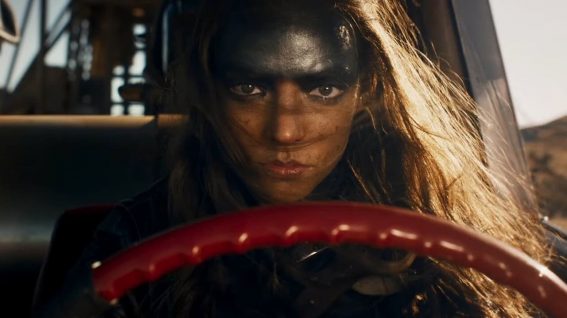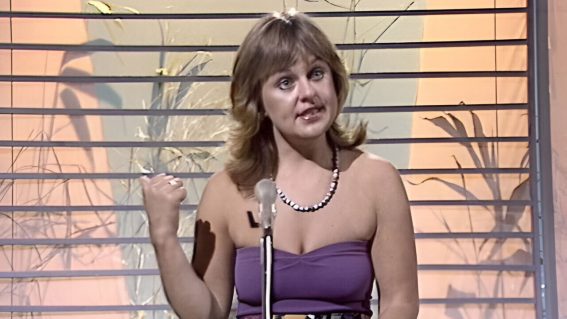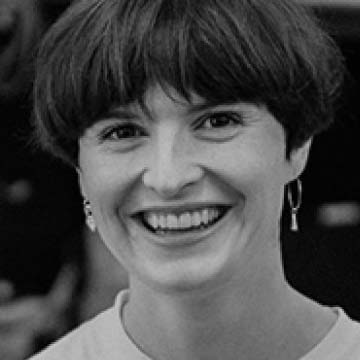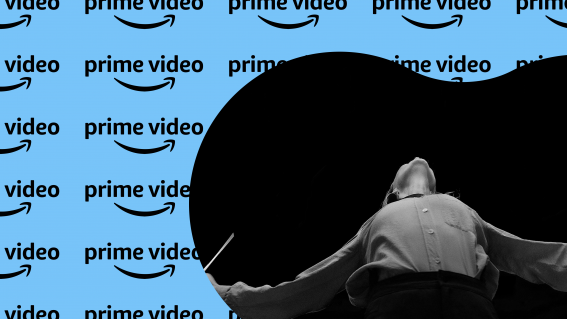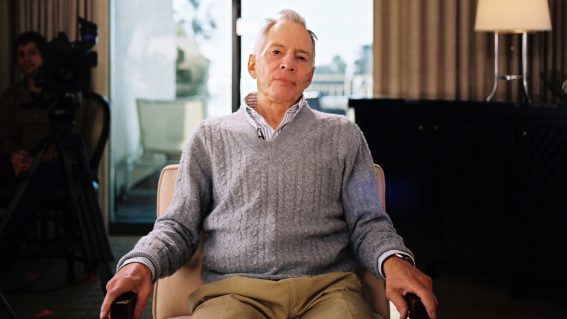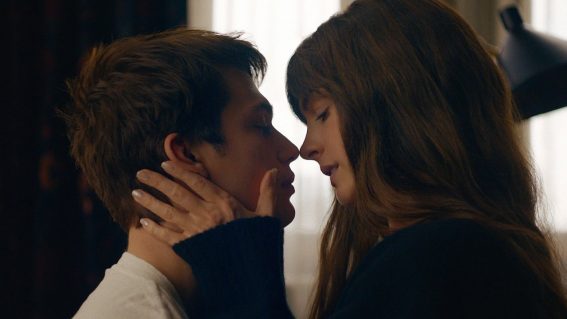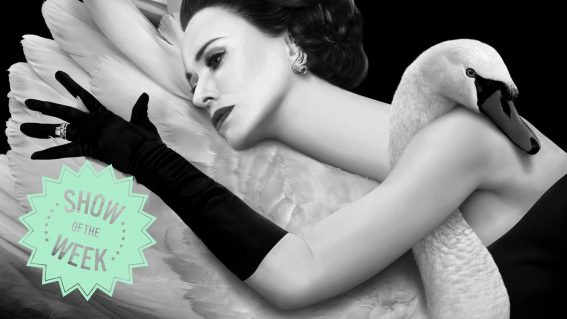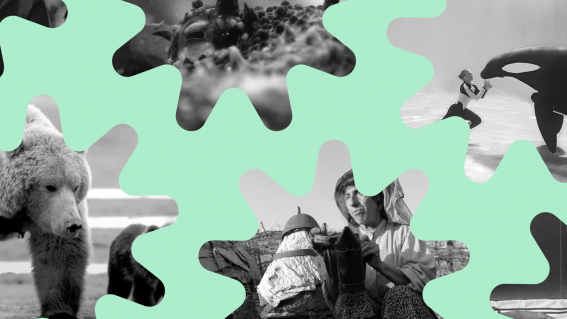Interview: How the Hell Did ‘Mahana’ Get an Oscar-Nominated Screenwriter?
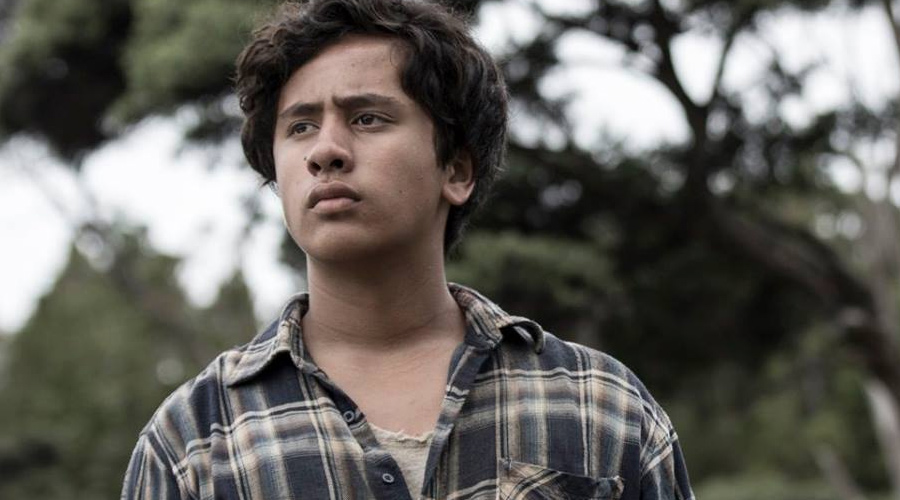
Two decades on from Once Were Warriors, Lee Tamahori returns to Aotearoa to direct Mahana – a family drama set in 1960s East Coast New Zealand and based on the book Bulibasha by Witi Ihimaera (Whale Rider, White Lies). Temuera Morrison plays the patriarch of a sheep-sheering family, with the story focused on his bright 14-year-old grandson Simeon Mahana (newcomer Akuhata Keefe) who uncovers a glut of personal secrets hiding in his family history.
Between Tamahori, Ihimaera, and Morrison, Mahana is the obvious product of Kiwi legends. It’s so obvious, in fact, that it could be easy for any Kiwi to overlook the involvement of Oscar-nominated screenwriter John Collee, who has written for films like Master and Commander and Happy Feet.
How the hell did Mahana get an Academy Award-nominated screenwriter on board? Flicks’ Liam Maguren went straight to the source and asked Collee how he got involved (and got some quality screenwriting advice from him to boot).
How did you get involved with ‘Mahana’?
I’ve known a number of New Zealand filmmakers for a long while, starting with Tim White, who I first met when I first came to Sydney about 20 years ago. It was Tim who introduced me to [Mahana producer] Robin Scholes, and Robin and I have been friends ever since. She asked me if I’d take it on, and of course, being a fan of Whale Rider, I immediately accepted.
Obviously you were picked because you’re a proven master class screenwriter, but I can imagine some people asking “Why wasn’t a screenwriter from New Zealand wasn’t chosen to adapt this book to screen?”
It’s a funny business, screenwriting, and there’s actually surprisingly few screenwriters in the world who can actually get a film financed. That’s just an accident of the fact that it’s actually quite hard to get runs on the board, because not all that many films are made. So to find a screenwriter in New Zealand, with a track record, who’s available, isn’t as easy as it might seem. And I guess a screenwriter across the pond was the next best thing.
The way these things work is that the film business is really based on relationships of trust, so if you’ve used a screenwriter before and they did a good job, then you tend to use them again. The myth is that the whole film industry just works through money and agents, but it really works through relationships.
Given you’re adapting a novel to a script, do you have much room for your own writing creativity to seep in, or are you more of an engineer focused on making this particular story work for screen?
Adaptation and original writing are actually kind of closer than you might think. In a book like Bulibasha, there was a huge amount of material, and Witi writes in this very free style, often quite unstructured. There’s multiple characters and vast sprawling family that takes place over a fair period of time. An adapter needs to pare it down to what they believe is the central story. And depending on the writer, and producer, and director, you could find a number of central stories in any book.
The trick is to agree on what the central tale you’re telling is, and follow that character and these core relationships through the book. The way that I work generally is through synopses and breakdowns until everyone’s on the same page, and we all know exactly what the story is, or what the theme is and what it’s about, and then go from there.
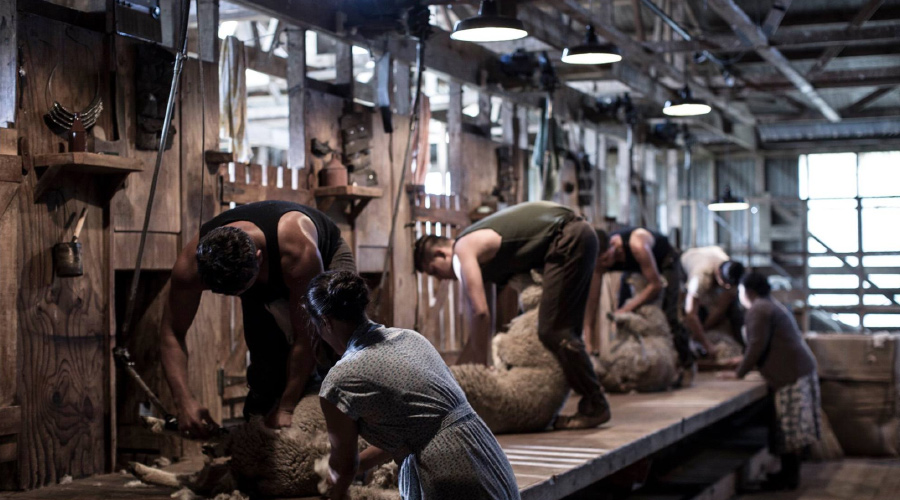
A lot of that would involve cutting out particular chunks of the book.
Yeah, and parts that were actually very effective in the book and that were very meaningful. There’s a lot of great sporting stuff in the book, which would potentially have been enormously filmic, you know, like the rugby games and the hockey games. The Mahanas and the Poatas are the two families in the story, and many of their rivalries in the book are played out through these sporting contests. As much as we tried to, we couldn’t really find a place for that, so we decided to focus exclusively on the sheep shearing.
There’s also a whole magical realist element around the patriarch’s religious beliefs, and his conversion. Witi’s grandfather was actually converted to Mormonism and there’s quite a lot of that in the book. Also, the slightly magical way that he thought about his Mormonism, that he believed he’d been converted by an angel. Again, incredibly filmic, but the story that we ended up telling was much more about the practicalities of life on a farm, sheep shearing, scrub cutting, and so forth.
That again, over a series of drafts, that was abandoned despite all its filmic virtues. So that’s what you do, you sort of find your central theme, and often with a big and complex book like this, it’s about paring down and paring down until you arrive at what you believe is the core of the story.
Sometimes it comes early, but often it comes quite late. And it’s only when you condense the story to the simplest elements, then you begin to see the narrative shape of it, and these themes. The book was called Bulibasha, then became The Patriarch. It’s ostensibly a coming-of-age story about a young boy and his struggles with his grandfather, but on a deeper level it’s about the contest between male and female power in these big patriarchal societies. And you discover that as the story evolves, but Simeon is really a conduit for the power of women in the two tribes.
There’s also a strong theme of contesting traditions, or just particular traditions, as well.
Yeah. That’s a big theme of Witi’s which he constantly returns to, because clearly the traditions in Maori men are incredibly strong and incredibly important, and have really sustained that whole culture for hundreds of years. And so it’s how you graft on new values to an old system of belief and tradition, without destroying the tradition.

Given you’re embedded in New Zealand’s filmmaking community, would that mean that you’re quite familiar with New Zealand history and Maori culture before you took on ‘Mahana’?
Yeah, I’d written a couple of films for Robin. One of them was called — we called the book Fairweather’s War — it’s The Season of the Jew – the novel – a big complex novel about the Maori wars, which I’d adapted for Robin. That was never made but it was an amazingly good primer in New Zealand history. I’ve just been writing for her another — or helping with another — historical New Zealand novel, which we hope will be the next one to get made. I feel quite familiar with a lot of that.
I’ve travelled a little bit with Tim White, and I travelled a little bit in New Zealand and met a lot of Maori communities. Of course, Lee comes from exactly the community that this story is written about. He comes from a farming community of the east coast of North Island, so he’s totally embedded in it.
Were you ever on set?
Yeah, I came down just for a couple of weeks. As a writer on set you’re sort of surplus to requirements, especially to a very organised director like Lee. You’ve had all the discussions and the filming time is quite short; you don’t do an awful lot. After the read through, which is obviously really useful, you don’t do an awful lot of recalibrating or rewriting during production. So I sort of just stepped back and left it to him at that point.
Do you prefer writing with others or by yourself?
Well it’s all writing with others, to be honest, even if you’re writing solo. Filmmaking is such a massively collaborative business that you’re always bouncing ideas off other people.
I actually believe that a lot of film writing is talking the story through, and that you tend to do that even when you’re not working with collaborators. Actually, in the film business, with curators, or directors, or producers, you’re bouncing the story off friends and acquaintances. To me, it’s all collaborative.
It’s quite hard, often, to tell where the ideas came from. They appear in the story almost of their own volition at times. So I think it’s all collaborative, even if you’re, as on this one, the sole credited writer.
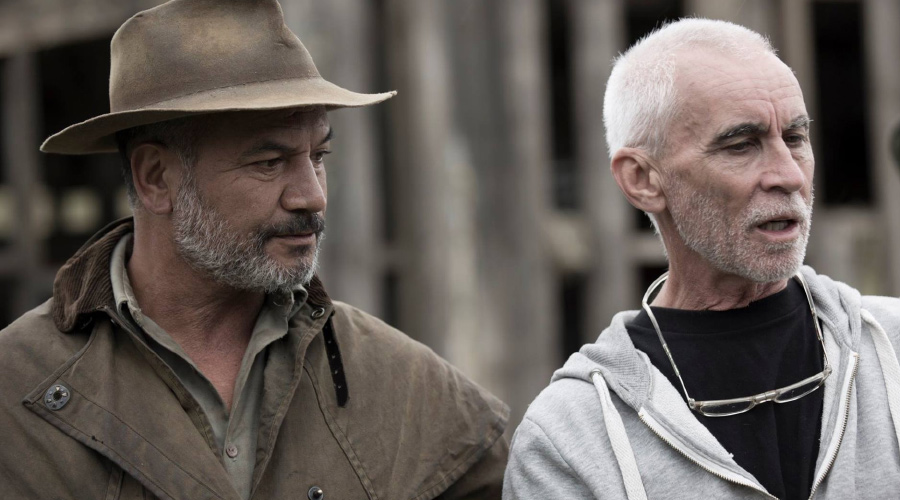
How do you feel about films that drastically change the source material? I just watched ‘Steve Jobs’ last night, which I really enjoyed, and it’s interesting to see a whole bunch of people calling it out for not playing to facts, or for painting the real-life conflicts in a completely different context.
I thought Steve Jobs was incredibly clever, and you’re always in that bind — that film wasn’t pretending to be [based completely on truth]. Mahana wasn’t pretending to be a biography so we didn’t have that problem, but when you’re dealing with real people you’re always in that bind of what is the truth of what happened and what is the deeper truth.
In fact, Paul Greengrass is an old friend from London and has made his name making these very realistic, documentary style, action movies. He came out of a documentary background, and one of the reasons that he went into narrative filmmaking was so that he could tell the deeper truth.
When you’re constrained by what actually happened, there’s all sorts of stuff that’s just too difficult to summarise in a completely honest and frank documentary. So you often end up with muddy or unfocused storytelling, unless you sort of manipulate the facts. In the case of Steve Jobs, they went “Okay, we’re going to make a fiction about Steve Jobs, but it will contain a lot of truths about who he was and what he did in his life–” I thought it was a brilliant piece of work, actually, that particular one, and I thought that Aaron Sorkin’s choice of structure was really ingenious. It felt to be more like a stage play, and it had a lot of similarities, I thought, with All That Jazz, the Bob Fosse biopic, where you distil a life into three or four key events and share the progression of the character through that.
I wrote a film called Creation about the life of Charles Darwin, and the challenge there was to condense this massively complex set of ideas and a long and action packed life into an hour-and-a-half / two-hour movie. In that, it became a story about his guilt over the death of his daughter, his love for his wife, and the way that these things combined to produce his masterwork, The Origin of Species.
It’s an incredibly simplistic and narrow view of Darwin’s life, but it actually contains a lot of truths about who he was, his religion, his love for his family, his feelings about their daughter, Annie – all that stuff. I think in that movie, as I say, it’s a really simplistic condensation of that subject, but it’s got a lot of truths at its centre.
‘Mahana’ Arrives in Cinemas Nationwide Thursday, 3rd March

